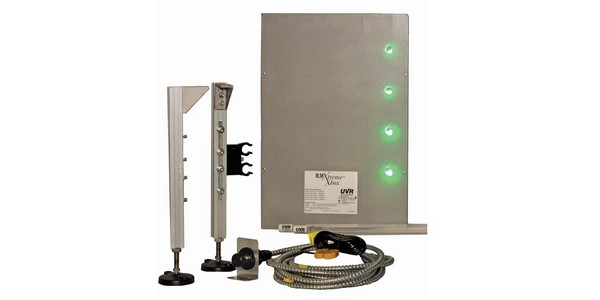Cohort Presents Findings to Address Wastewater Challenges
The International Association of Plumbing and Mechanical Officials is supporting DigDeep in launching the findings of a multiyear effort that brought together communities from across the U.S. to focus on sanitation access. In a recent event hosted by the U.S. EPA and the USDA, the DigDeep Decentralized Wastewater Innovation Cohort led a roundtable discussion in which participants shared their collective experiences and recommended opportunities to federal agencies working to close the water and sanitation gap imperiling more than 2.2 million Americans. IAPMO officials served as chair of the cohort’s Technical Advisory Board. The DWIC is a community-driven, multiyear effort to improve understanding of the wastewater challenges remote communities face across the U.S., the solutions being developed and the ways policymakers can improve the impact, sustainability and scalability of those innovations. The DWIC created meaningful connections between rural communities piloting innovative solutions to tough wastewater challenges — from Alaska to New York — through facilitated working groups, site exchanges, and even trips to Washington, D.C., to meet with regulators. The DWIC’s members include the Navajo Water Project, the Alaska Native Tribal Health Consortium, Stony Brook University’s NYS Center for Clean Water Technology, Wastewater Alternatives & Innovations, and the Black Belt Unincorporated Wastewater Program. More than 2.2 million Americans lack access to basic plumbing, with many living in areas where a centralized wastewater system is not technically or economically feasible. Despite federal initiatives that have sought to alleviate funding, regulatory and technological issues, impacted communities still face significant barriers, which require policy and programmatic changes across the nation. There is urgent cause to rectify the wastewater injustices that communities have long faced across the country, and now, more than ever, federal funding is available to implement solutions.


